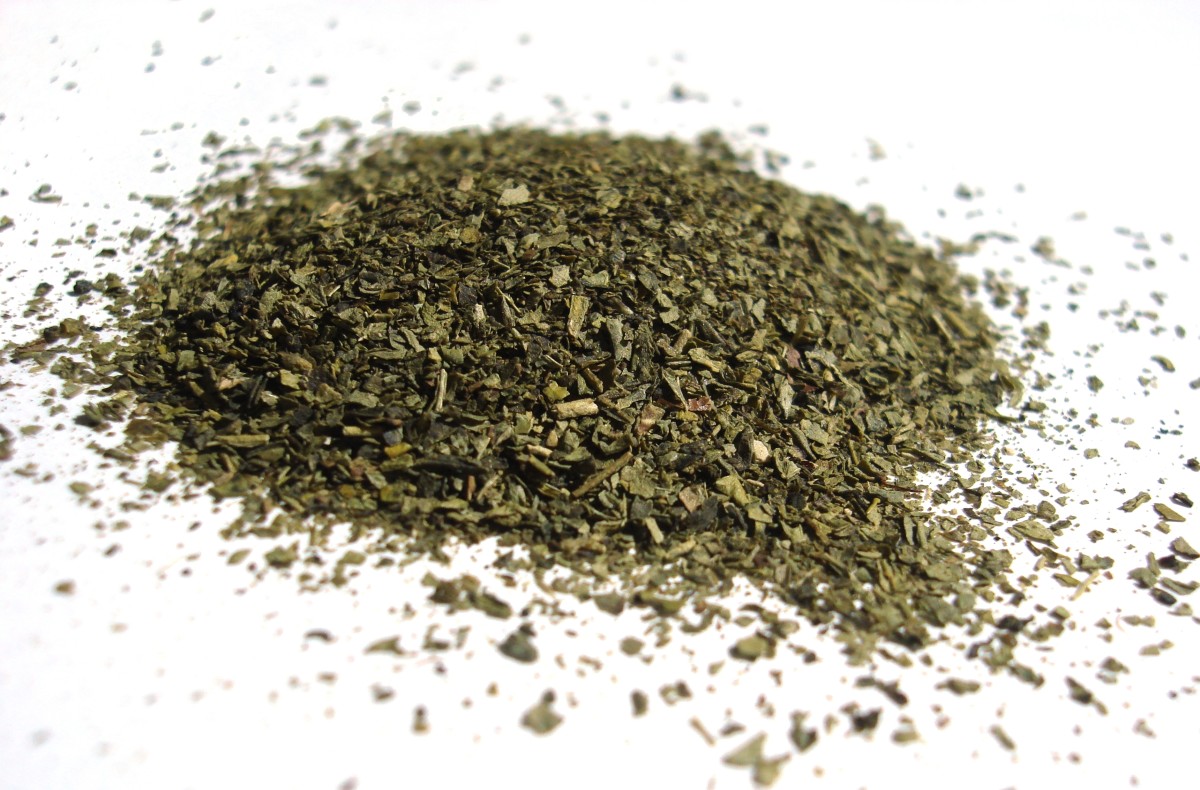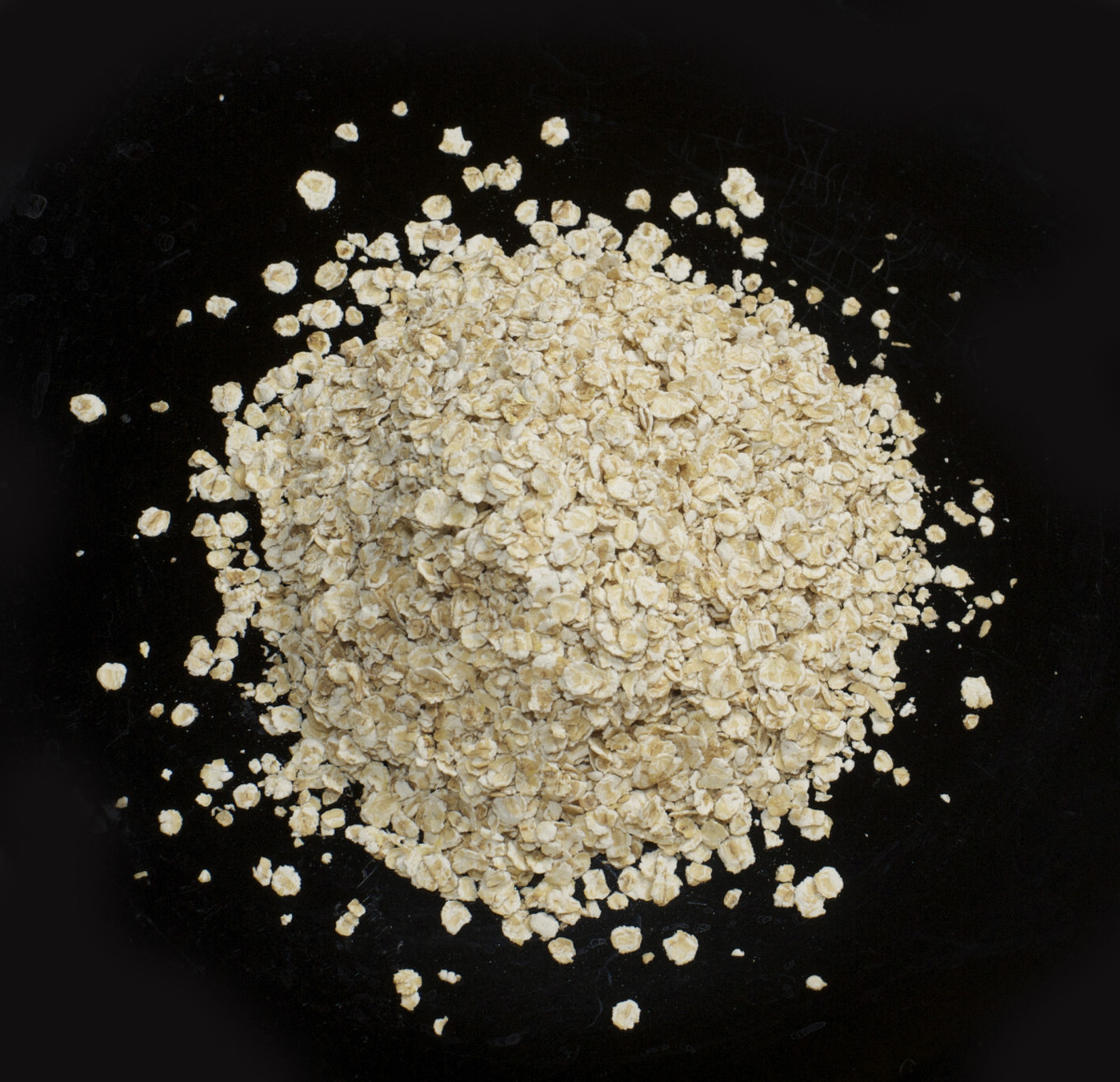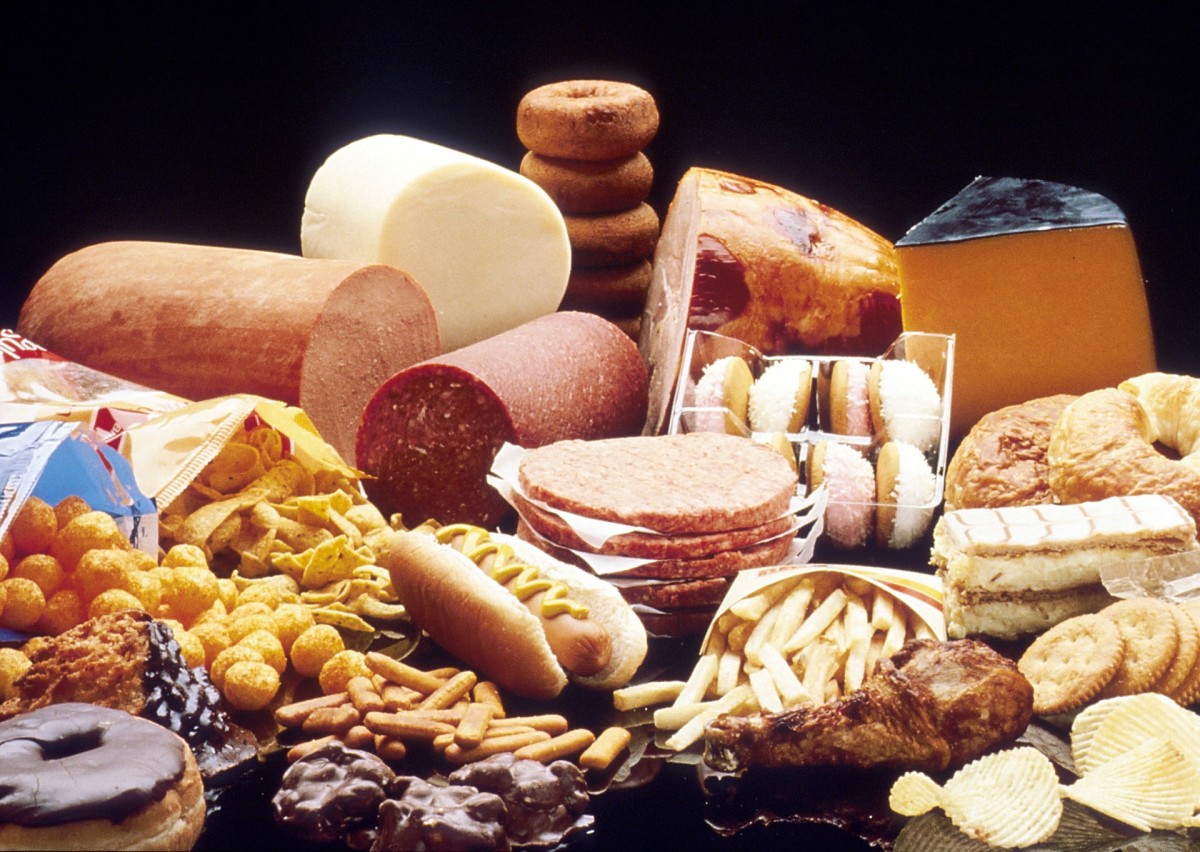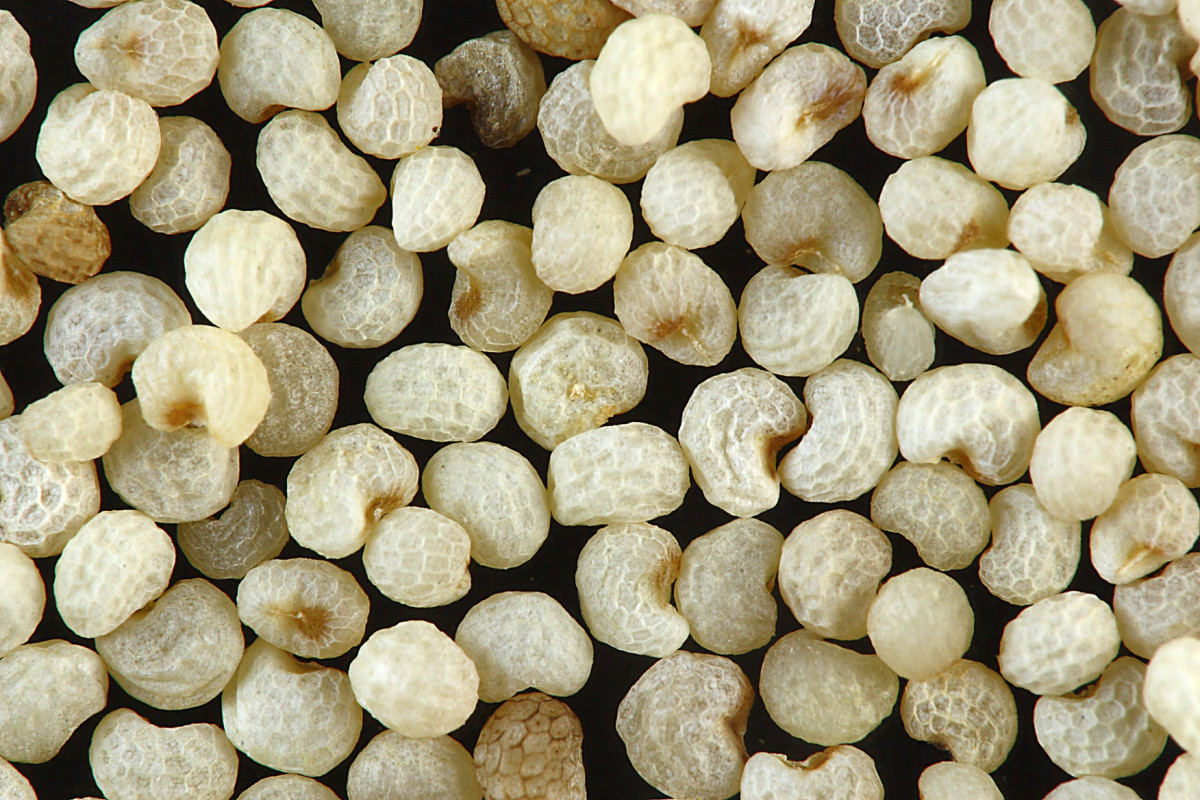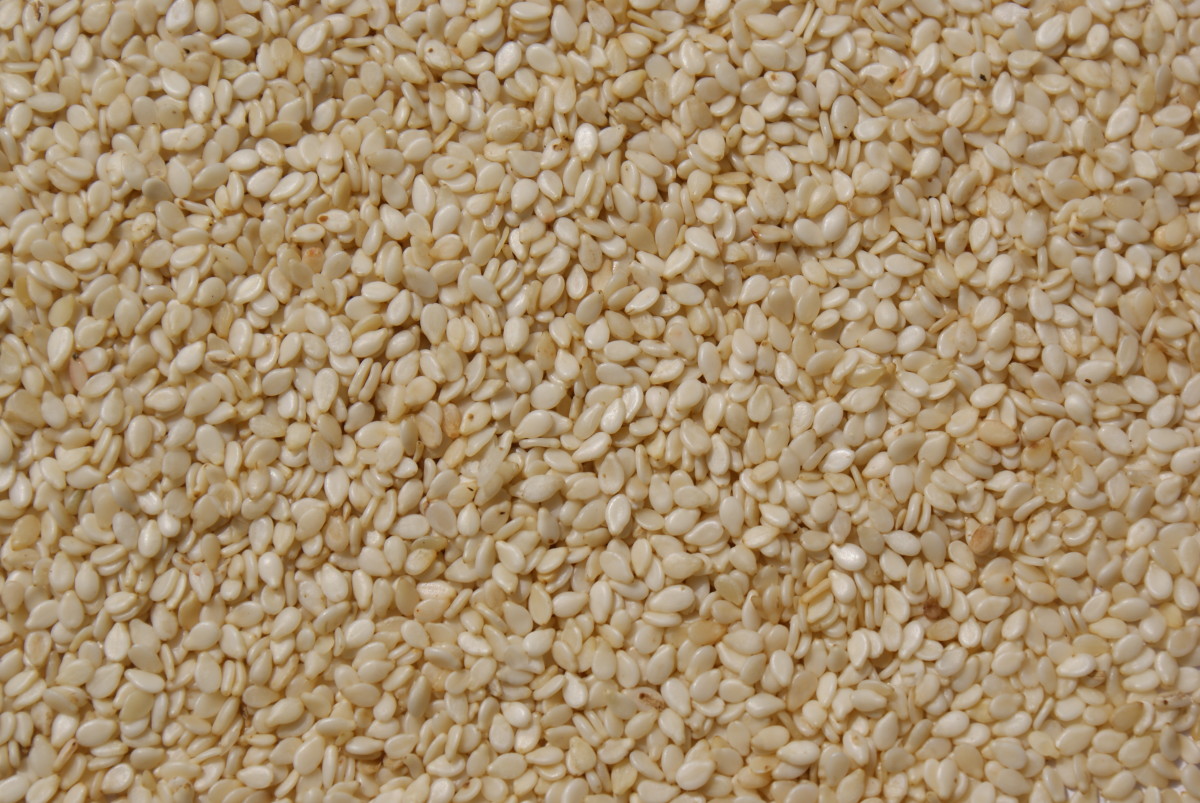Health benefits of eating nuts daily


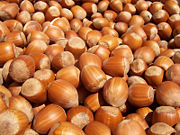
Nuts are one of the best plant sources of protein. They are very high in dietary fiber, phytonutrients and antioxidants such as Vitamin E and selenium. Nuts are also high in plant sterols and fat - but mostly monounsaturated and polyunsaturated fats.
The amino acid arginine also has relatively high concentration in nuts which, can help overcome erectile dysfunction. Arginine has also been found to act as a messenger in immune system and to boost immunity and lower elevated blood pressure levels. In addition, certain nuts like pecans, walnuts and almonds contain tryptophan, an amino acid that stimulates the production of a hormone called serotonin in your brain, which can help ward off depression and promote a more relaxed mode. Therefore, eating nuts regularly has many health benefits which will be discussed in the following sections of this article.
1. Lowering risk of heart disease.
The result of a research which included over 86,000 participants proved that eating nuts has heart-protective benefits. The participants in this study who ate nuts at least five times a week were found to have a 35 per cent lower risk of heart disease compared with those who rarely ate nuts or didn't eat them at all. A nutritionist for the British Nutrition Foundation in London said that numerous studies had shown that replacing saturated fatty acids in the diet with unsaturated fats could lower bad, low-density lipoprotein cholesterol (LDL). It is LDL cholesterol that increases the risk of heart disease and strokes. Although nuts contain on average twice the fat content of animal products, the type of fat is very different. The fat contained in nuts is mostly the healthiest monounsaturated type. Most nuts are quite low in artery-clogging saturated fats. A study conducted at Loma Linda University has found that during a six-year study period, people who ate five or more servings of nuts per week experienced 50% fewer heart attacks than non-nut eaters did.
In addition, research conducted by Professor Penny Kris-Etherton of Pennsylvania State University found that participants who ate peanuts and peanut butter experienced a 10 per cent reduction in triglycerides and also lowered their levels of LDL cholesterol. High triglyceride levels, like LDL cholesterol, are strongly associated with increased incidence of cardiovascular disease. Scientists found that those who ate nuts one to four times each week had a 27 percent reduced risk of dying from heart disease compared to those who ate nuts less than once per week. Those who ate nuts five or more times each week cut their risk of death from heart disease in half (48 percent reduction). Later research on the same group showed that those who ate nuts daily lived nearly three years longer on the average than those who seldom ate nuts.
Walnuts in particular, are high in alpha-linolenic acid, an essential fatty acid that is protective to the heart and circulation. This fat has been shown to reduce the risk of heart disease and fatal arrhythmias in various studies.
Nuts are also good sources of dietary fiber, magnesium, copper, folic acid, vegetable protein, potassium, and vitamin E, all of which have been shown to be important for heart health.
2. Lowering cancer risks
Some nuts contain special compounds that don't exist in other food or exit in other foods in very limited amount. These special compounds exert special health functions in our body. For example, peanuts contain high concentration of phytosterols.
The most common forms of phytosterols are beta-sitosterol, campesterol, and stigmasterol and are found in high concentrations in some plant oils, seeds and legumes, such as peanuts. Phytosterols protect against cancer by several means. These include inhibiting cell division, stimulating tumor cells death and modifying some of the hormones that are essential to tumor growth.
A nutritionist at University of California-Davis fed high-fat diets to rats that were primed to develop colon cancer. One of the diets contained 20% almonds and the other cellulose as a control. The rats developed Aberrant Crypt Foci, (ACFs), which are early markers for colon tumor development. The animals fed almonds had far fewer ACFs than did those fed the control diet. The exact mechanism about what caused the observed results is not clear yet, but the results certainly suggest that eaing nuts plays an important role in cancer prevention. High concentration of selenium is also found in nuts. A study conducted at the University of Arizona of 1,700 elderly Americans showed that those with low levels of selenium are more apt to have polyps in the gastrointestinal tract (33% compared to 9% in those with a high level of selenium). The same study showed those taking 200 mcg of selenium over 4.5 years have 63% less prostate cancer, 58% fewer colorectal cancers, and 46% fewer lung cancers. Overall, there were 30% fewer new cancers, and 50% less overall death from cancer. So, eating nuts can provide the selenium we need to fight cancer.
3. Controlling body weight
Some researches show that people who eat nuts tend to weigh less than those who don't eat nuts. Possible explanations: Nut eaters may follow a healthier diet which is lower in calories and saturated fat than people who abstain from nuts, and those who are overweight may shun nuts because of their high-calorie content.
Other explanations may be that nuts are quite filling due to their high protein and fiber content. In one study, subjects who snacked on nuts and peanut butter weren't hungry for 2.5 hours afterward and, interestingly, spontaneously adjusted their calorie intake for the rest of the day so they didn't consume extra calories.
Protein also requires more energy to digest than fats or carbohydrates, so you use up more calories in the process. Also, because people tend not to chew nuts fully before swallowing them, they aren't well digested and some of the calories they contain may be lost in the stool.
From the above discussion, we can see that the health benefits of eating nuts are multifaceted. Although different nuts generally have high protein, unsaturated fat, and phytosterols, they are different in some other nutrient concentration. In order to live a happier and longer life we need to eat nuts of different varieties regularly so that the nutrients in different nuts can complement to each other and improve the efficiency of the nutrient utilization.



